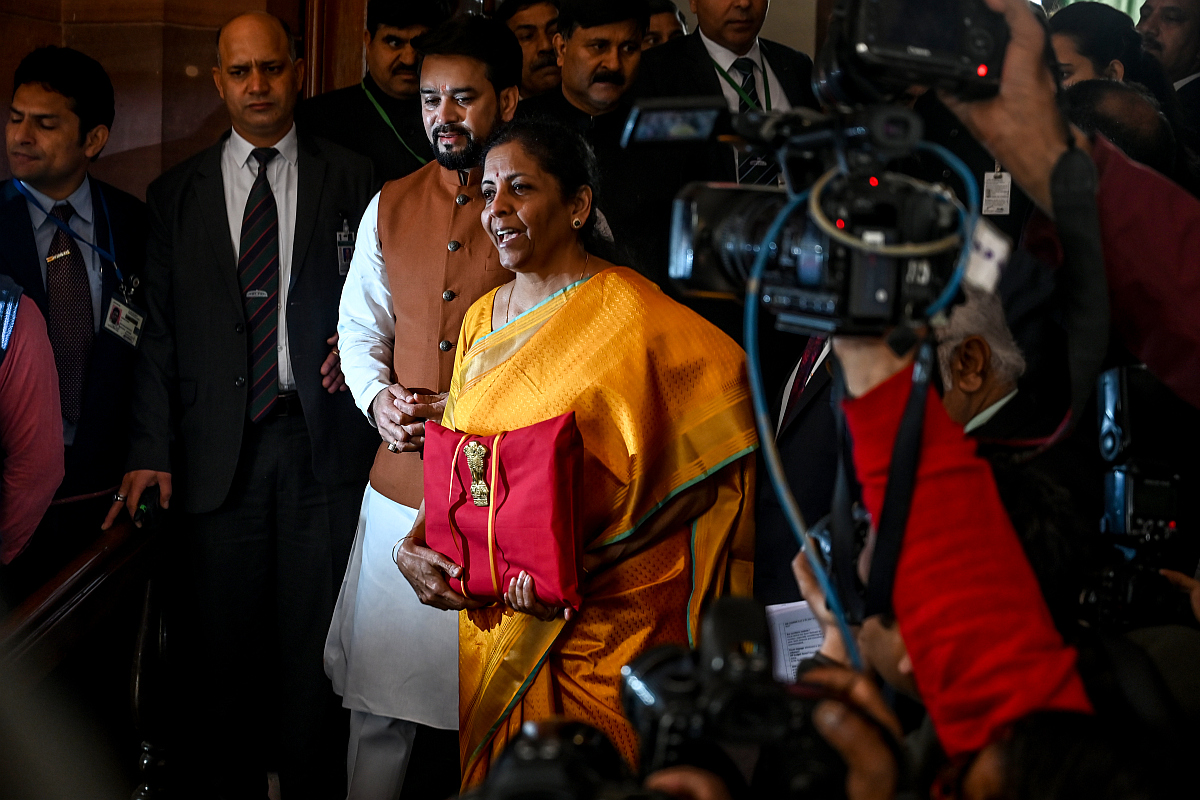Finance Minister Nirmala Sitharaman on Wednesday introduced ‘Direct Tax Vivad Se Vishwas Bill, 2020’ in the Lok Sabha, which is designed to provide resolutions for disputed tax cases involving crores of rupees.
While introducing the Bill, the union minister said that it focuses on trust-building and provide a formula-based solution without any discrimination.
Advertisement
Sitharaman said, that the Bill will reduce the litigation expenditure for the government and at the same may help in generating some revenue.
Under the ‘Vivad se Vishwas’ scheme, which was announced in the Union Budget, taxpayers whose tax demands are locked in dispute in multiple forms can pay their taxes due by March 31, 2020, and get complete waiver of interest and penalty.
While addressing the lower house, Sitharaman explained the scheme saying that it will not be an open-ended one and can be availed for a limited period.
On Tuesday, the Central Board of Direct Taxes (CBDT) Chairman P.C. Mody had urged people to come forward and avail the direct tax dispute resolution scheme. He was quoted as saying that it offers a fair deal to settle pending tax disputes.
On the other hand, Congress leader of the House, Adhir Ranjan Chowdhury, opposed the introduction of the bill, saying its “drafting is done in Hindi”, which signals the government’s intent of trying to impose one specific language in the country.
He further said that the bill will also hurt the government’s tax collection.
Another Congress leader stood in support of his party man saying, “The Bill violates the principle of equality by equally treating honest and dishonest taxpayers.”
In her budget speech on February 1, Sitharaman had announced the ‘Vivad se Vishwas’ scheme to resolve 483,000 direct tax disputes pending in various tribunals.
(With input from agencies)









